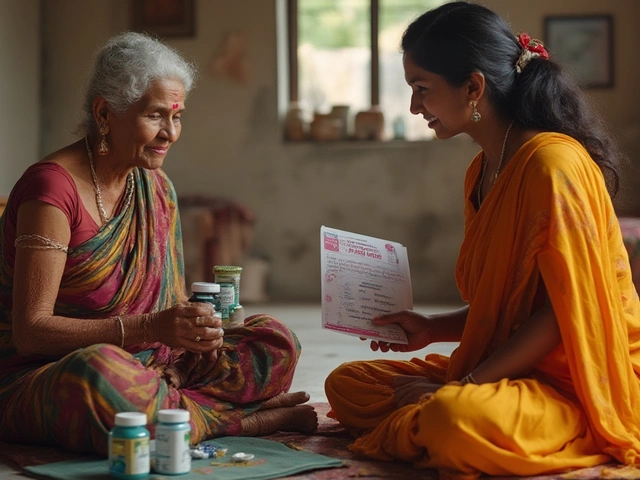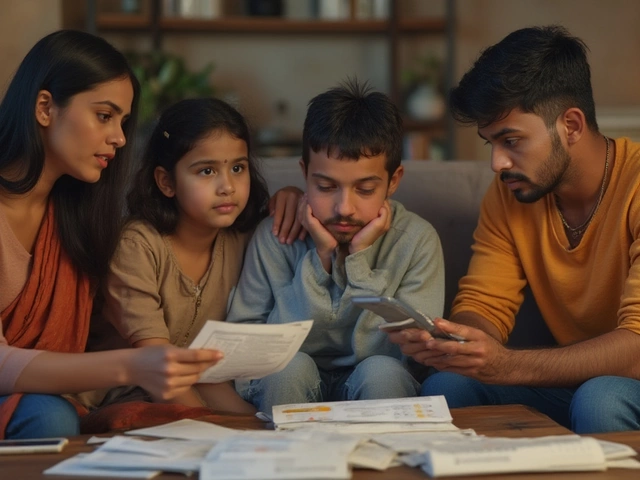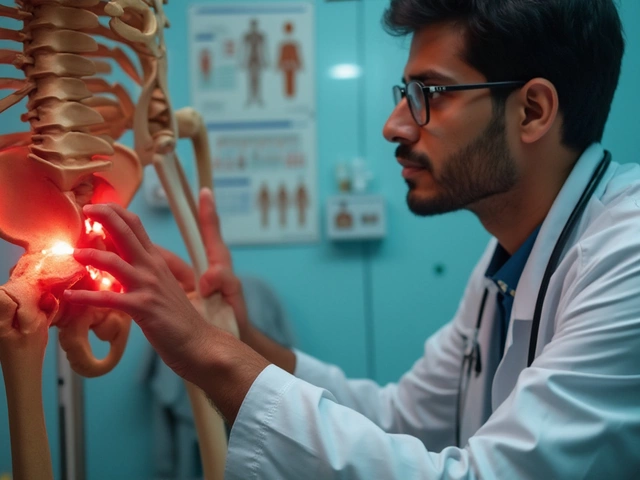Cancer Causes: Why It Happens and What You Can Do
When you hear the word cancer, the first thought is often fear. But understanding what actually starts a cancer can make the whole picture less scary. Cancer starts when cells grow out of control. This happens because something damages the cell’s DNA or messes with the signals that tell cells when to stop growing.
Not all DNA damage leads to cancer. Your body can fix many mistakes, but if the damage is too big or happens often, the repair system can slip up. Once the errors stick around, they can turn a normal cell into a rogue one that multiplies without limits.
Common Risk Factors
One big group of causes is lifestyle choices. Smoking is still the top preventable cause. The chemicals in tobacco directly hit lung cells and many other organs. Even if you quit, the risk drops over time, but the damage can linger for years.
Alcohol adds another layer. Heavy drinking raises the odds of liver, breast, and throat cancers. The liver turns alcohol into a toxic substance that attacks DNA, and the same goes for the lining of the mouth and throat.
What you eat matters too. Processed meats, sugary drinks, and diets low in fruits and vegetables are linked to higher cancer rates. These foods can cause inflammation or deliver carcinogens that hurt cells.
Environmental toxins are also in the mix. Pollution, asbestos, and certain pesticides expose you to chemicals that can mutate DNA. Even everyday items like benzene in gasoline or formaldehyde in some furniture can add up.
Genetics can’t be ignored. Some families carry gene mutations that make it easier for cancer to start. If a close relative had breast, colon, or prostate cancer at a young age, it’s worth talking to a doctor about genetic testing.
Infections play a surprising role. Certain viruses, like HPV, can cause cervical and throat cancers. Hepatitis B and C increase liver cancer risk, while Helicobacter pylori bacteria can lead to stomach cancer.
Steps to Lower Your Risk
Good news: many risk factors are within your control. Quitting smoking is the single most effective move. Resources like counseling, nicotine patches, and support groups boost success.
Cut back on alcohol or stop altogether. If you do drink, stick to moderate limits – up to one drink a day for women and two for men.
Eat a balanced diet rich in fruits, vegetables, whole grains, and lean proteins. These foods supply antioxidants that help protect DNA from damage.
Stay active. Regular exercise helps keep your weight down, reduces inflammation, and improves hormone balance – all of which lower cancer risk.
Protect yourself from known toxins. Wear masks when dealing with chemicals, use proper ventilation, and choose safer cleaning products.
Get vaccinated. The HPV vaccine prevents several cancers, and hepatitis vaccines shield your liver.
Schedule regular screenings based on age and family history. Early detection catches many cancers when they’re most treatable.
Finally, keep your stress in check. Chronic stress can affect hormone levels and weaken the immune system, making it harder for your body to fight off abnormal cells.
Understanding cancer causes isn’t about scaring yourself; it’s about giving you tools to act. By tweaking habits, watching out for environmental hazards, and staying on top of medical advice, you can lower the odds that cancer shows up in your life.

Understanding the Root of 90% of All Cancers
Most cancers fall into a handful of common types, driven by factors like lifestyle, genetics, and environmental exposures. Understanding what's behind these prevalent forms can empower you to take preventive steps. This article breaks down the predominant kinds of cancer, highlights lifestyle choices that elevate risk, and shares practical tips for reducing personal susceptibility.

What Are the 5 Basic Steps of Skin Care?
Dec, 2 2025



